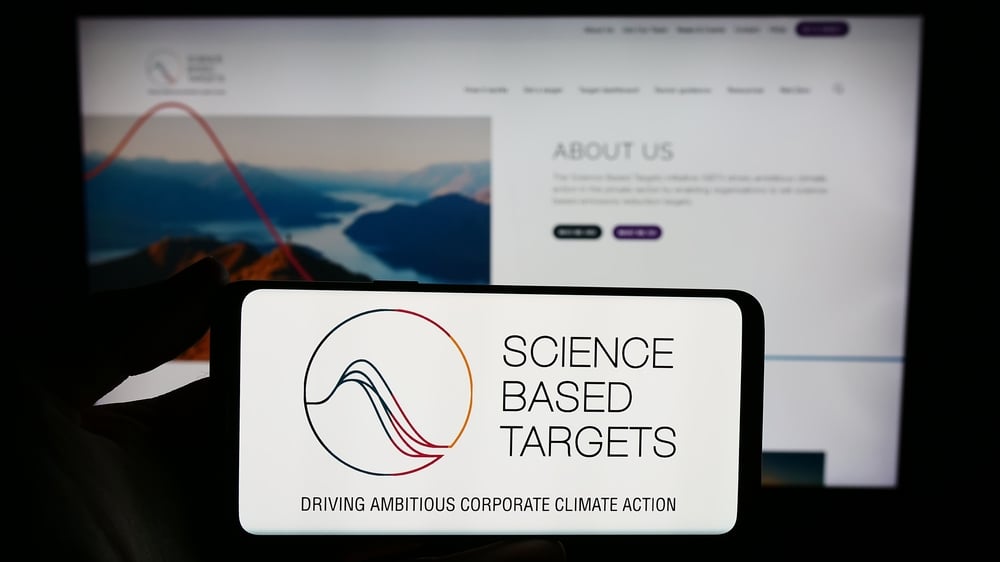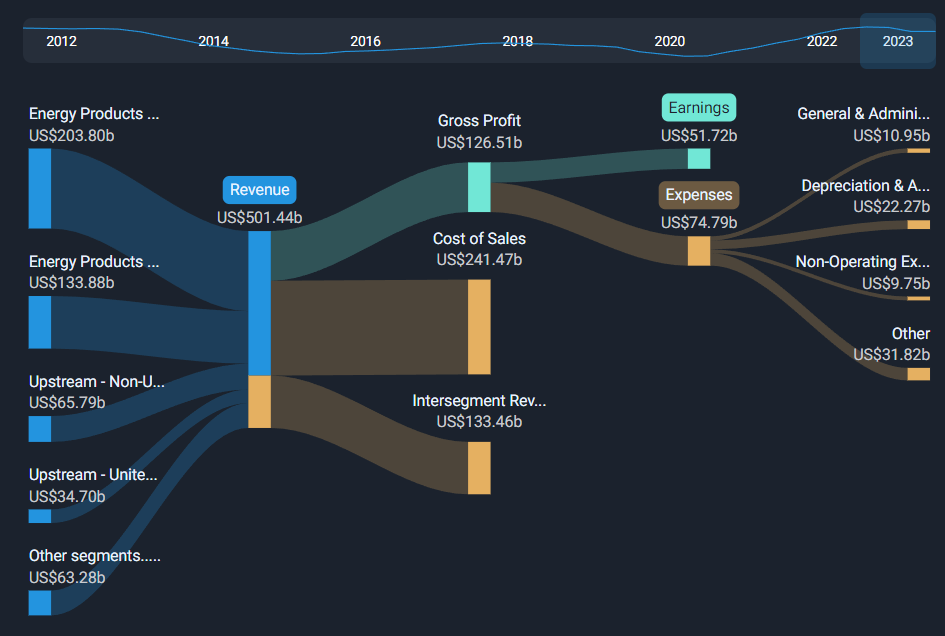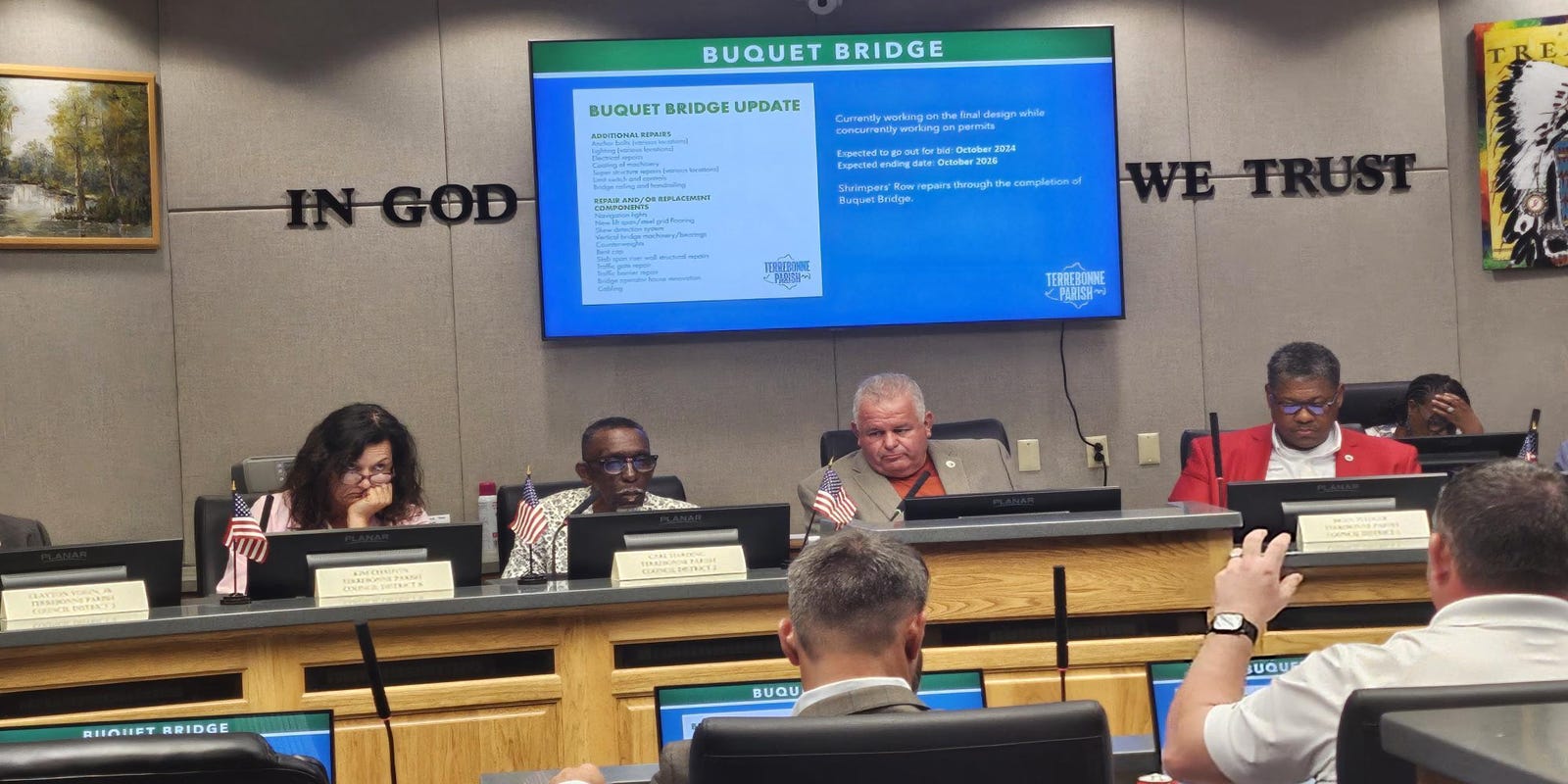Net Zero Revolution: SBTi's Radical Upgrade Reshapes Corporate Climate Commitments
Companies
2025-03-19 21:30:09Content

The Science Based Targets initiative (SBTi) is shaking up corporate climate commitments with a groundbreaking draft update to its Corporate Net-Zero Standard. This proposed revision introduces more rigorous guidelines that could fundamentally transform how companies approach their carbon reduction strategies.
At the heart of the update are significantly tightened Scope 3 emissions rules, which will challenge businesses to take a more comprehensive approach to their indirect carbon footprint. The new framework also introduces more sophisticated carbon removal targets and implements stricter accountability measures that will hold companies to a higher standard of climate action.
For businesses, this means no more greenwashing or superficial sustainability claims. Companies will now need to develop more robust, transparent, and measurable carbon reduction strategies that go beyond traditional offset mechanisms. The updated standard signals a critical shift towards genuine, science-driven environmental responsibility.
Carbon markets are likely to experience significant disruption as a result of these proposed changes. Investors, stakeholders, and environmental advocates will now have a more robust framework to evaluate corporate climate commitments, potentially reshaping investment strategies and corporate sustainability approaches.
As the draft standard moves towards finalization, businesses across industries are preparing to reassess and potentially overhaul their existing climate strategies. The SBTi's update represents a pivotal moment in corporate climate action, pushing organizations towards more meaningful and impactful environmental stewardship.
Revolutionizing Corporate Sustainability: SBTi's Groundbreaking Net-Zero Standard Reshapes Climate Action
In the rapidly evolving landscape of corporate environmental responsibility, a seismic shift is underway. The Science Based Targets initiative (SBTi) has unveiled a transformative draft update to its Corporate Net-Zero Standard, signaling a new era of climate accountability that promises to fundamentally reshape how businesses approach carbon emissions and environmental stewardship.Navigating the Future: Unprecedented Accountability in Corporate Climate Strategy
Decoding the SBTi's Radical Regulatory Transformation
The latest draft represents a watershed moment in corporate climate policy, introducing unprecedented levels of scrutiny and accountability. By implementing more stringent Scope 3 emissions regulations, the SBTi is compelling organizations to look beyond their immediate operational boundaries and examine their entire value chain's environmental impact. This holistic approach demands a comprehensive reassessment of corporate sustainability strategies, challenging businesses to develop more nuanced and integrated carbon management frameworks. Companies will now face significantly more rigorous requirements in tracking and reporting indirect emissions, including those generated throughout their supply chains, procurement processes, and downstream product lifecycles. The new standard effectively eliminates the possibility of superficial compliance, forcing organizations to develop genuine, substantive approaches to carbon reduction.Carbon Removal: A Paradigm Shift in Climate Mitigation Strategies
The updated standard introduces groundbreaking provisions for carbon removal targets, marking a critical evolution in climate mitigation approaches. Unlike previous frameworks that primarily focused on emissions reduction, this new guidance explicitly recognizes and incentivizes proactive carbon removal technologies and methodologies. Organizations will be encouraged—and increasingly expected—to invest in innovative carbon capture technologies, reforestation projects, and other direct removal strategies. This represents a fundamental reimagining of corporate environmental responsibility, transforming carbon management from a compliance exercise to a strategic opportunity for meaningful ecological intervention.Market Implications and Competitive Dynamics
The SBTi's updated standard is poised to create significant ripple effects across global carbon markets. Companies that rapidly adapt to these new requirements will gain substantial competitive advantages, potentially accessing new funding mechanisms, improving investor relations, and positioning themselves as industry leaders in sustainability innovation. Financial markets are likely to respond by developing more sophisticated evaluation metrics that incorporate these enhanced carbon accountability standards. Investors will increasingly view comprehensive carbon management not as an optional corporate social responsibility initiative, but as a fundamental indicator of organizational resilience and strategic vision.Technological Innovation and Systemic Transformation
Beyond regulatory compliance, the new standard serves as a catalyst for technological innovation. By creating clear, ambitious targets and accountability mechanisms, the SBTi is effectively establishing a framework that incentivizes breakthrough solutions in emissions reduction and carbon management technologies. Emerging technologies in artificial intelligence, blockchain, and advanced monitoring systems will play increasingly critical roles in helping organizations meet these sophisticated reporting and reduction requirements. The standard thus becomes not just a regulatory document, but a blueprint for systemic technological and organizational transformation.Global Collaboration and Collective Action
The SBTi's updated framework transcends individual corporate interests, representing a collective global approach to addressing climate challenges. By establishing uniform, science-based standards, the initiative creates a common language and set of expectations for environmental responsibility that can be applied across diverse industrial and geographical contexts. This approach recognizes that meaningful climate action requires unprecedented levels of collaboration, transparency, and shared commitment. The new standard effectively transforms corporate climate strategy from a competitive differentiator to a collaborative imperative.RELATED NEWS
Companies

Green Revolution: How Food Giants Are Slashing Carbon Footprints Through Innovative 'Insetting' Strategy
2025-03-13 08:00:00
Companies

Silicon Valley's Tax Reckoning: Washington State Poised to Unleash New Revenue Strategy
2025-03-05 21:05:41
Companies

Gun Control Showdown: Supreme Court Poised to Deliver Knockout Blow to Major Firearms Industry Lawsuit
2025-03-04 19:10:00





